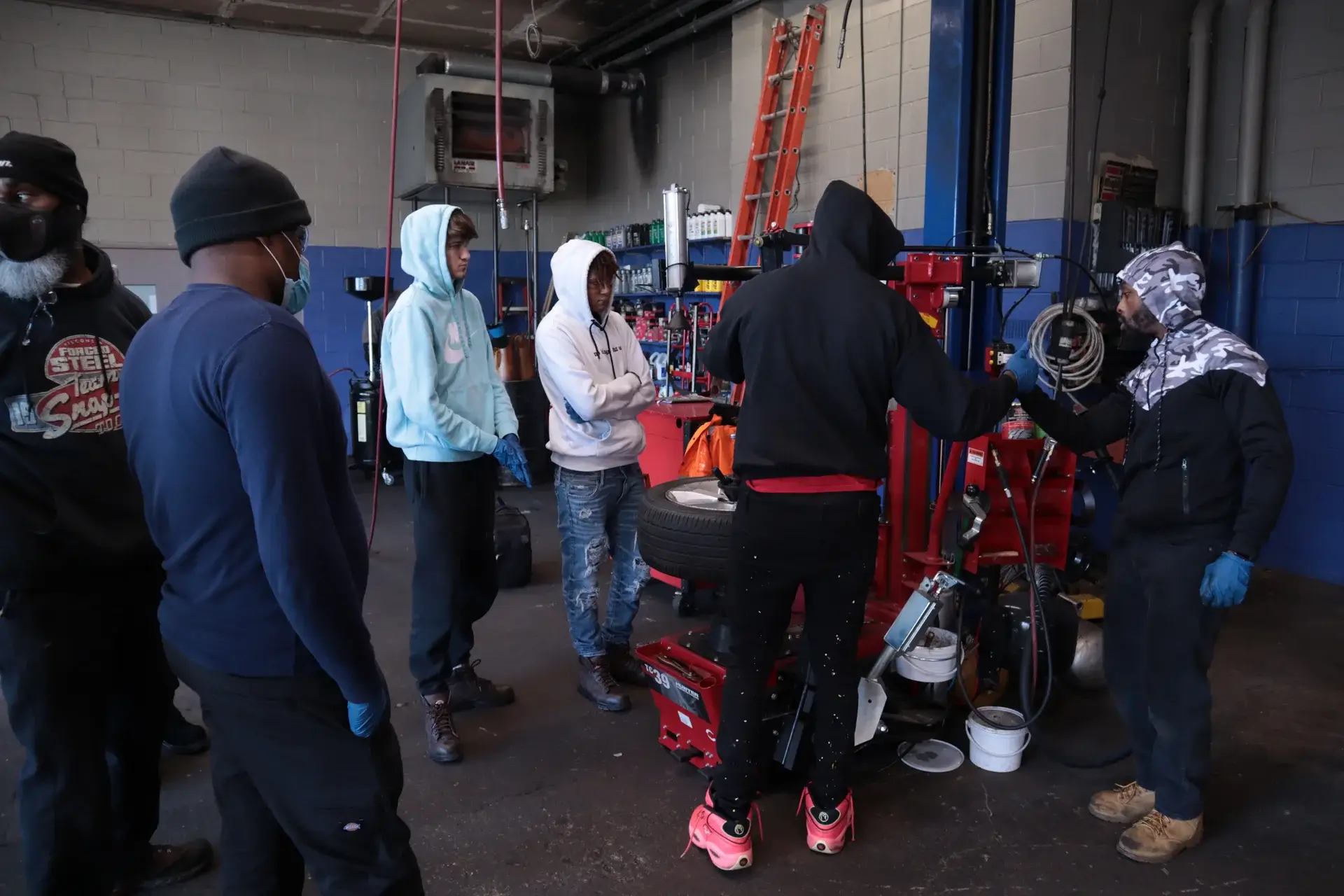Credibility is paramount in heating, ventilation, and air conditioning (HVAC). As the demand for proficient climate control systems specialists continues to soar, the significance of certified professionals in the field becomes increasingly evident. A pressing question often arises: does HVAC technician training certification bolster credibility? Also, Let us delve into what HVAC technician training certification encompasses.
HVAC systems are critical components in various contexts, including residential, commercial, and industrial facilities. They help maintain appropriate temperature, humidity, and air quality for human comfort and safety. Given the complexities of these systems, businesses and clients want to hire technicians who are skilled at their job. This entails possessing the necessary skills and knowledge to handle training cost-effectively. Herein lies the pivotal role of certification, as it serves as a tangible validation of technicians’ capabilities, assuring stakeholders that they are equipped to navigate the complexities of 6-week HVAC training with expertise and precision.
Training and certification offer a significant advantage by validating technicians’ expertise and increasing their HVAC technician salary. When technicians attain certification from reputable organizations, they communicate to employers and clients that they have met rigorous industry standards. This validation instills confidence in their abilities and enhances their credibility in the eyes of stakeholders. Employers and clients can trust certified technicians to deliver high-quality service and effectively address their HVAC needs, knowing they have undergone thorough training and assessment. Ultimately, certification is a tangible demonstration of technicians’ competence, reinforcing their reputation as reliable professionals in the HVAC field.
Certification programs typically include electrical systems, refrigeration principles, troubleshooting techniques, and environmental regulations. These 6-week HVAC training programs frequently blend classroom instruction with hands-on training, equipping technicians with both theoretical understanding and practical skills. Upon completion, technicians must pass an examination to procure certification, evidencing their proficiency in the field.
Moreover, HVAC certification serves as a hallmark of professionalism. It signifies a commitment to continuous learning and professional growth, as certified technicians must often renew their credentials periodically through continuing education or reexamination. This commitment to staying abreast of industry advancements reassures clients that certified technicians can handle the latest technologies and best practices.
Furthermore, the HVAC technician salary can pave the path for career progression opportunities. Many employers prioritize hiring certified technicians due to their demonstrated competence and reliability. Certified technicians may also command higher salaries and enjoy enhanced job security compared to their non-certified counterparts. Additionally, certification can facilitate specialization in niche areas of HVAC, such as solar heating or geothermal systems, further augmenting career prospects.
 Client Assurance
Client AssuranceFrom clients’ perspectives, engaging in certified HVAC classes offers tranquility. They can rest assured that certified technicians possess the requisite skills and knowledge to diagnose issues accurately, execute repairs proficiently, and ensure optimal performance of HVAC systems. Furthermore, certification may be a prerequisite for insurance coverage or eligibility for rebates and incentives for energy-efficient upgrades, incentivizing clients to prioritize certified professionals.
However, it is imperative to acknowledge that certification alone does not guarantee competence. Practical experience, critical thinking skills, and a dedication to quality artistry are indispensable components of credibility in the HVAC technician salary. While certification provides a foundational framework, technicians must continually refine their skills through real-world experience and ongoing training to excel in their profession.
In conclusion, HVAC certification undeniably fortifies credibility within the industry. It validates expertise, denotes professionalism, and unlocks doors to career advancement opportunities. For employers, certified technicians epitomize a dependable investment in quality service provision, while clients benefit from the assurance of adept and knowledgeable professionals. Ultimately, certification is a cornerstone of credibility in the ever-evolving world of HVAC technology.
Read More: